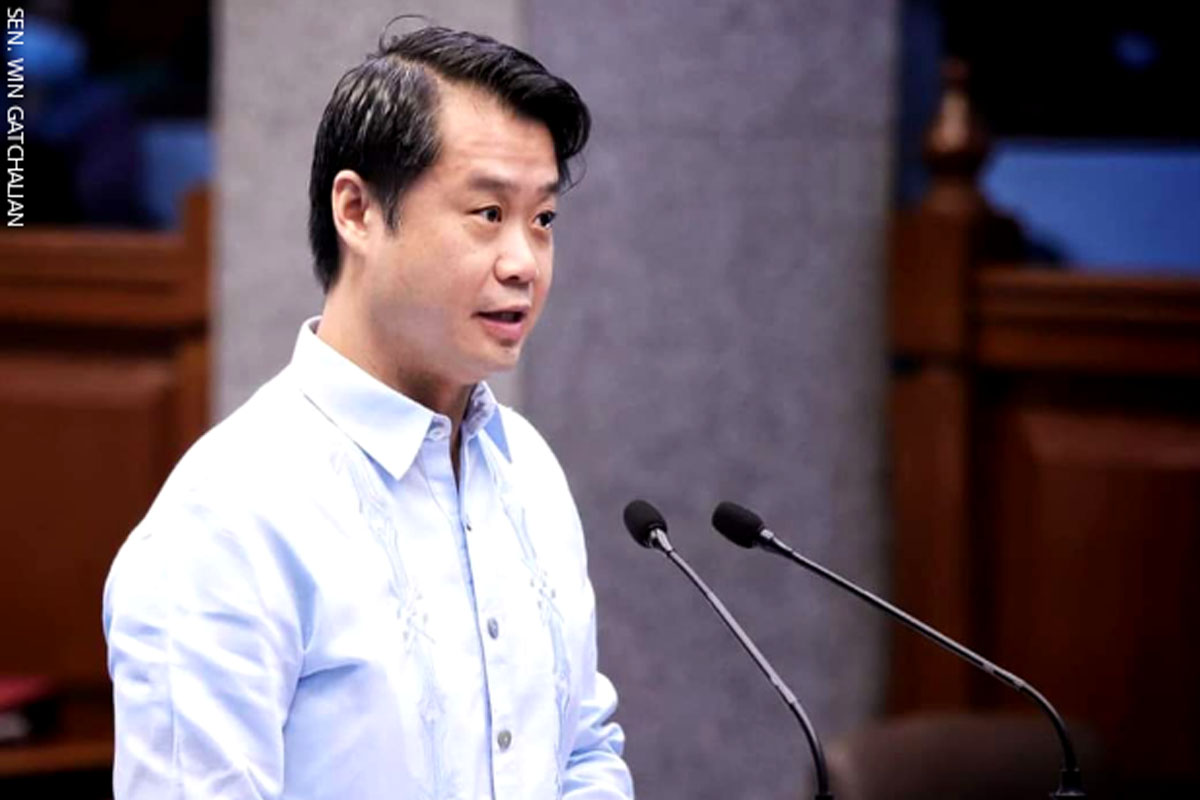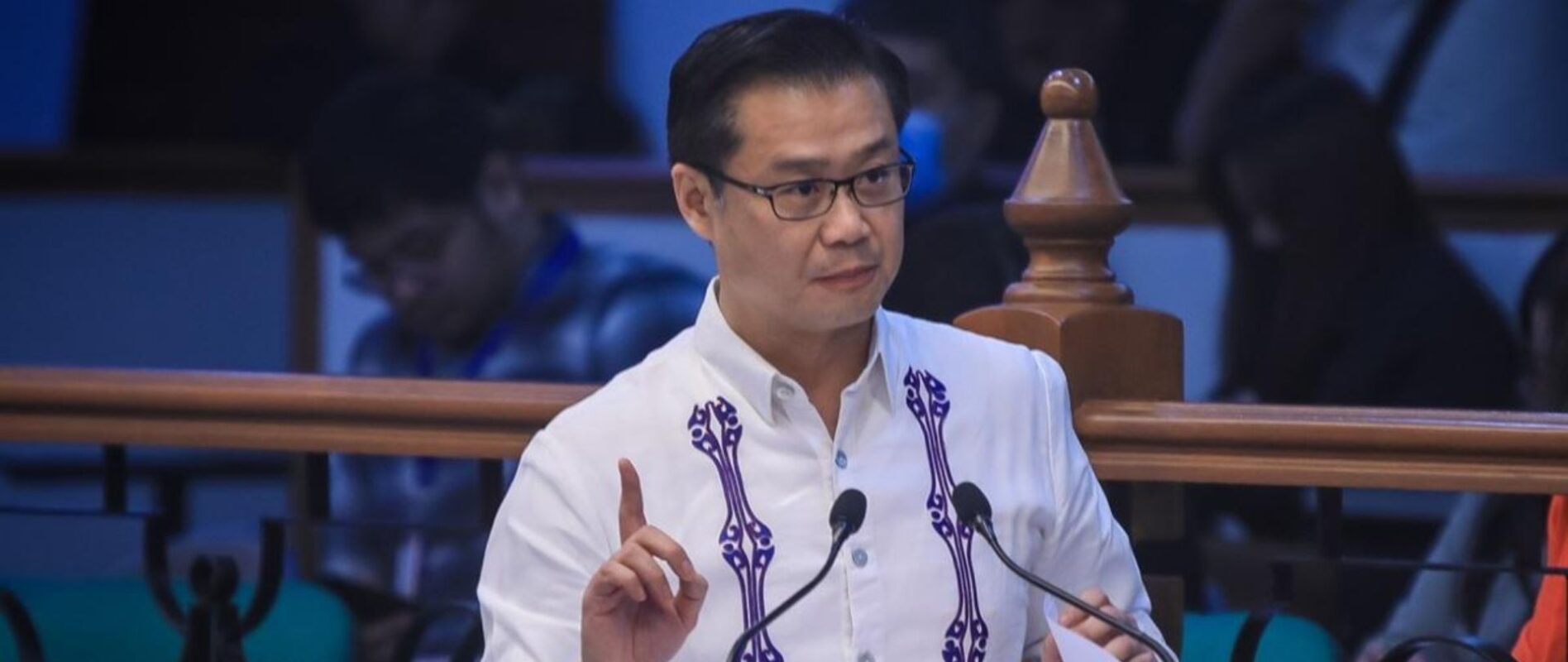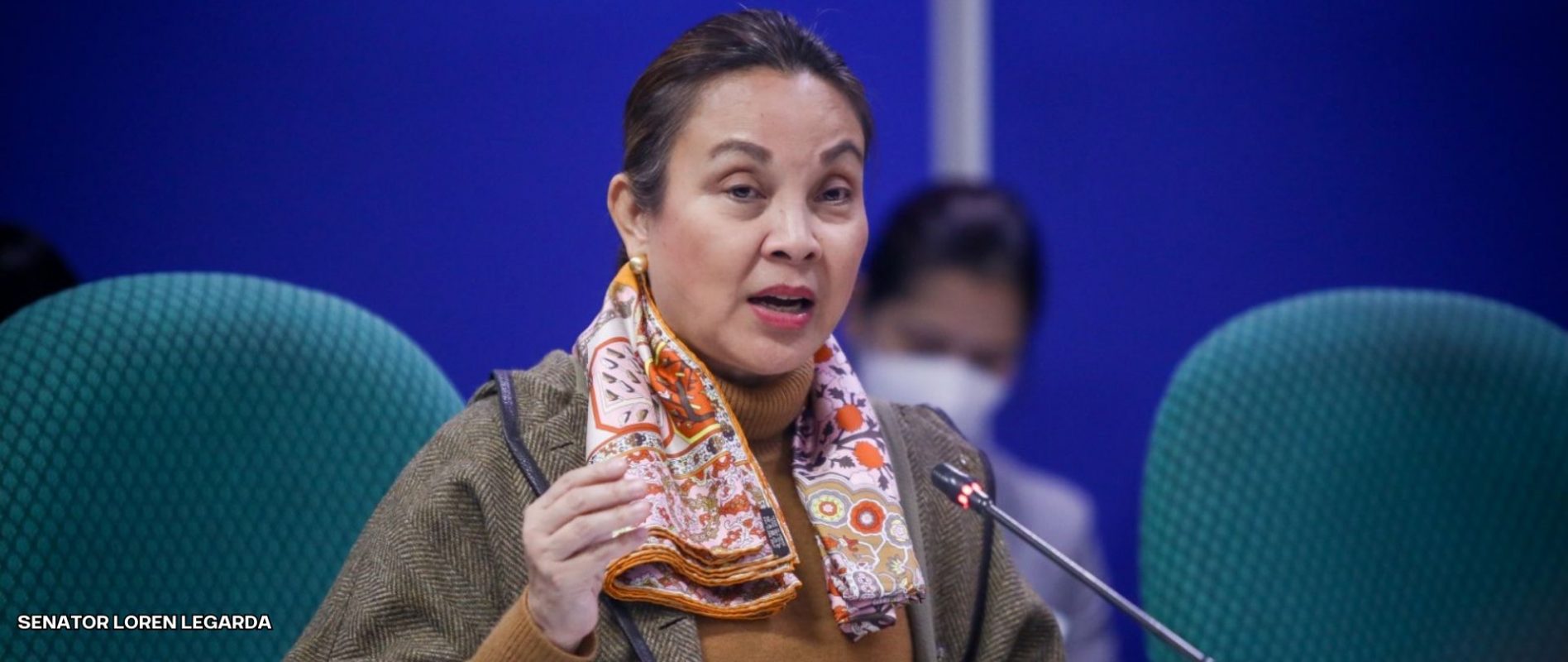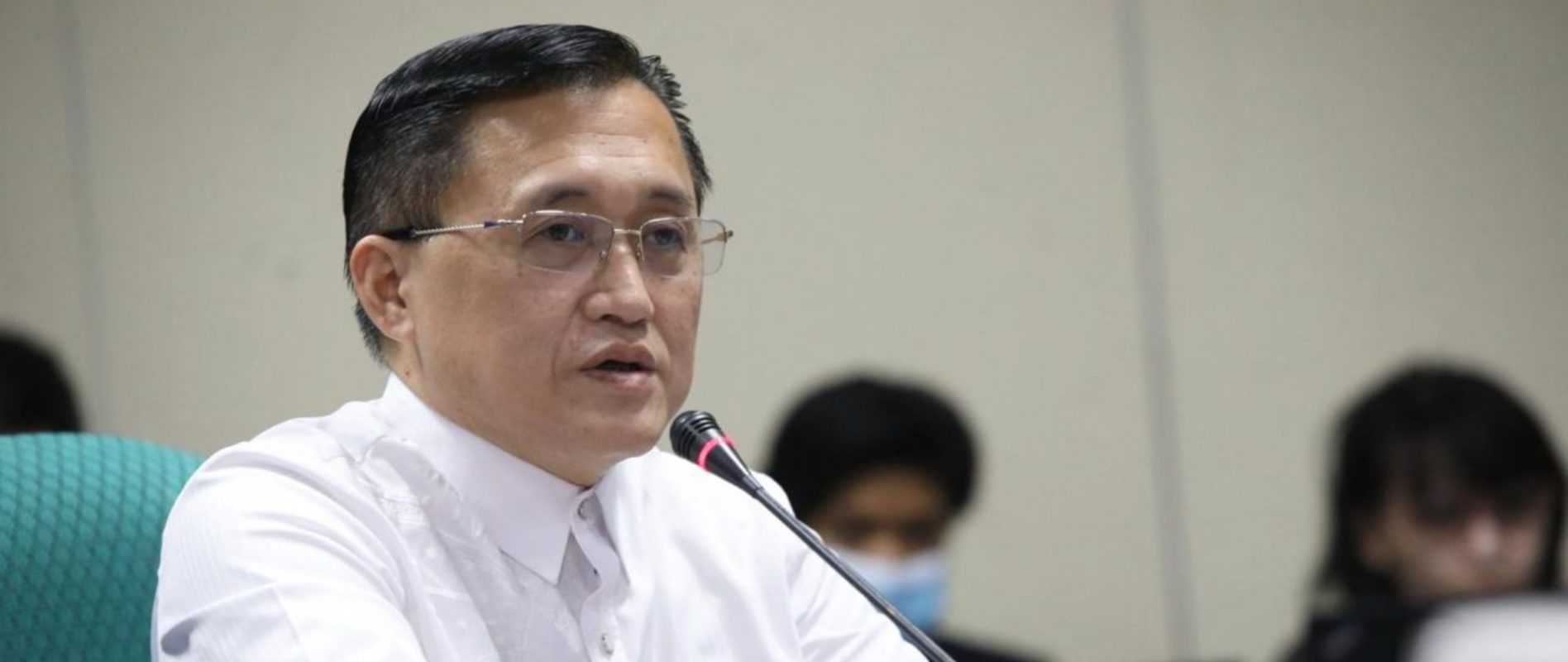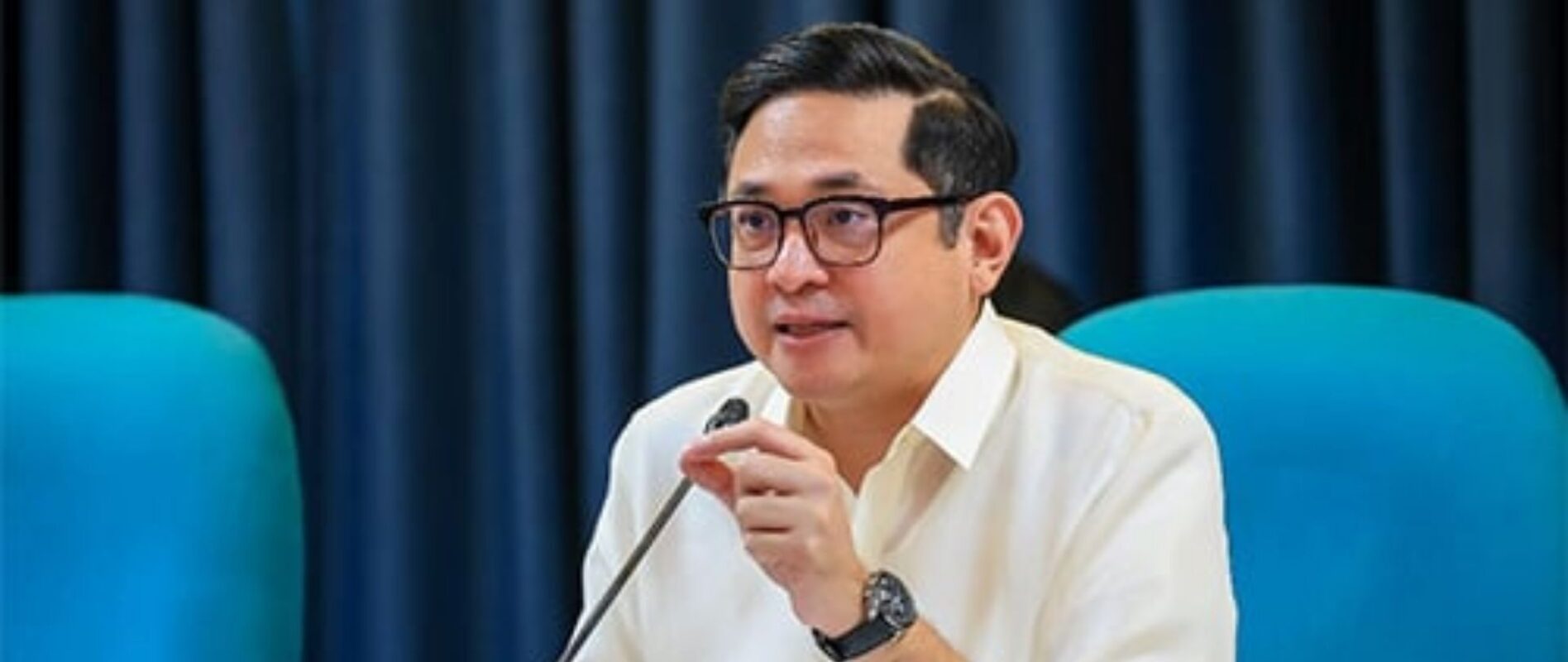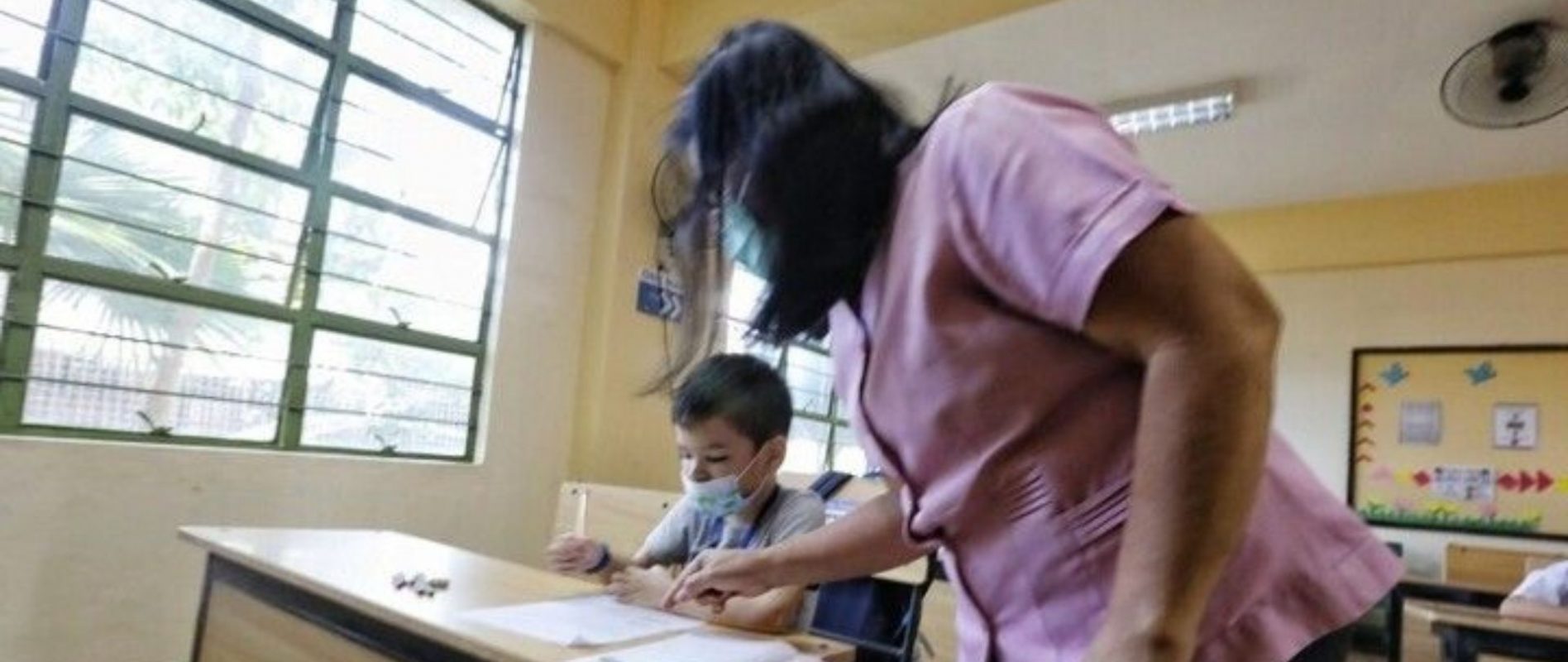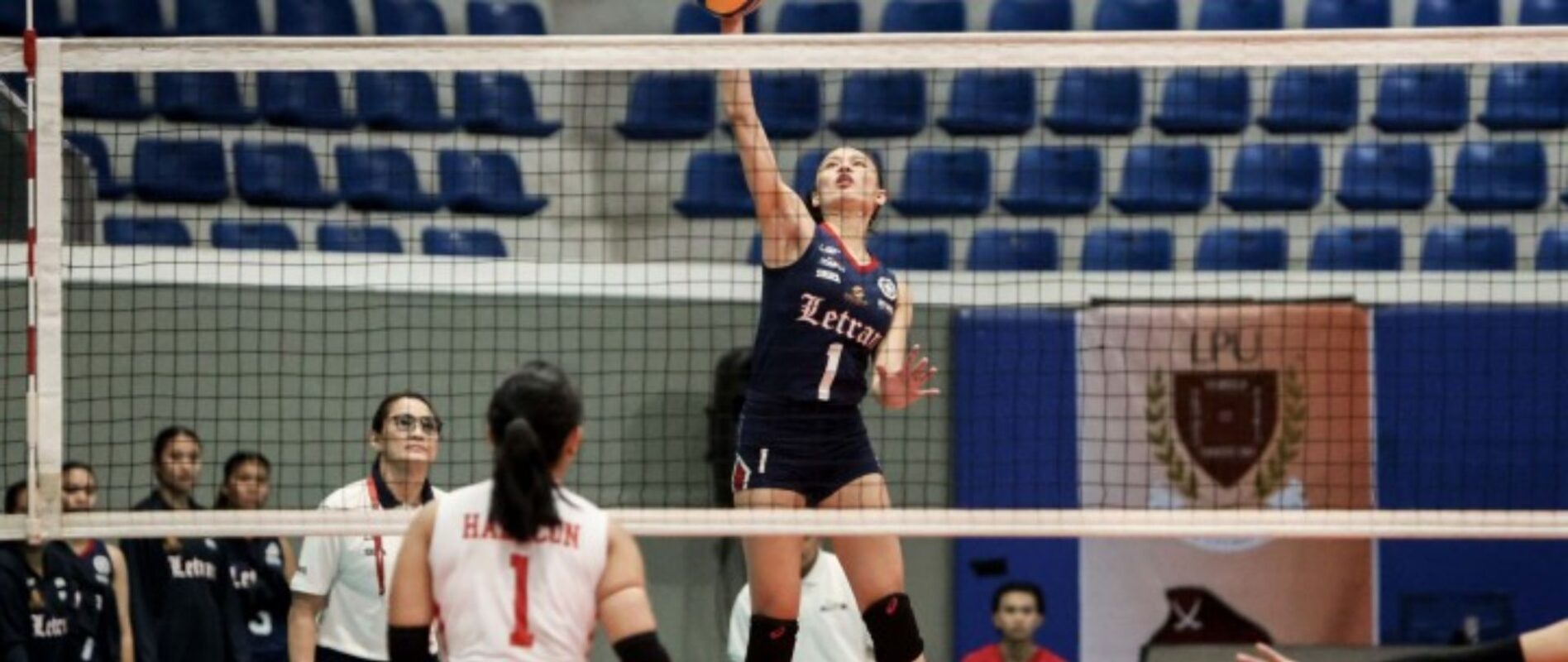SOLON WANTS MENTAL HEALTH SUPPORT FOR LEARNERS
SENATOR Win Gatchalian is urging the government to ensure that learners and teachers are given psychosocial and mental health support while educators scramble to carry out logistical challenges and many learners experience feelings of anxiety as they await classes to begin amid the Covid19 pandemic.
Gatchalian said the disruption to schooling does not only result in learning losses.
He added that the shift to blended learning already caused stress to learners and their families, citing recent proposals to extend six hours to seven to eight hours of online classes, which he said will strain both the eyes and the minds of learners.
“In Valenzuela, for instance, learners will be using smartphones for their blended learning. Staring at a smartphone for eight hours will not be a good idea especially since it will create a lot of strain to their eyes and to their minds. We cannot just mandate an eight-hour class on a cellphone. We have to make sure that their welfare will not be affected,” said Gatchalian, chairman of the Senate Committee on Basic Education, Arts, and Culture.
“The Covid19 pandemic created a lot of mental stress for the students and their parents. We need to balance mental stress and the mental well-being of families. Many of them have already been experiencing a lot of stress—from livelihood, employment, and bringing food on their tables,” he added.
Gatchalian’s ‘Education in the Better Normal’ bill seeks to formally include psychosocial and mental health support in safe school reopenings.
Under Senate Bill 1565, teachers will step in where guidance counselors are not available.
They will be trained to identify age-related behavioral and cognitive changes so they can provide immediate and appropriate measures, including psychosocial first aid.
Schools will also be mandated to develop and integrate age-specific counseling sessions during the required class hours.
Gatchalian’s proposed measure includes a ‘Safe School Reopening Plan’ not only during school openings but also during and after emergencies, including calamities, public health crises, and other situations that cause a massive disruption of classes.
The senator recalled that when Taal Volcano erupted early this year, up to eight million learners from nearly 7,900 schools were affected.
While the Department of Education said that the opening of classes will begin with the provision of psychosocial support to more than 21.7 million public school learners, Gatchalian said that ensuring the availability of these interventions in the long term will make the education sector more resilient and responsive to learners’ needs.

